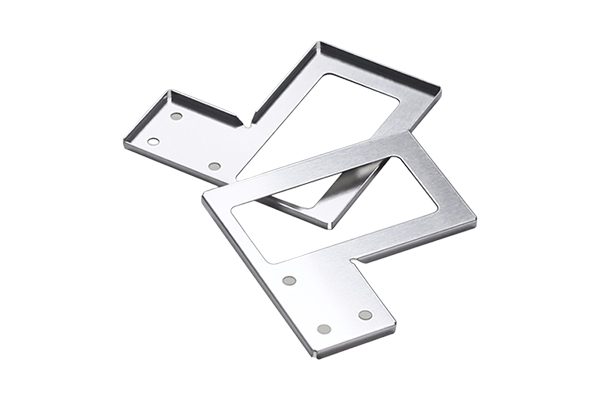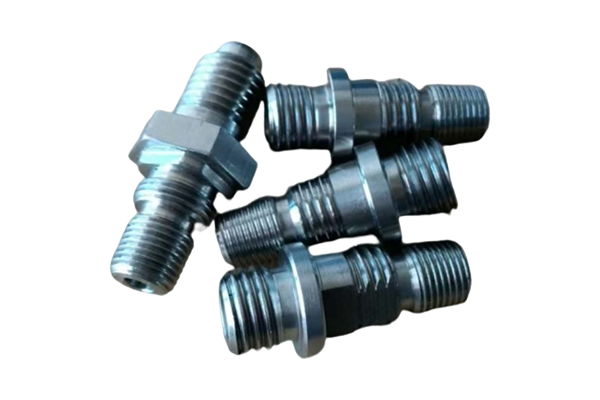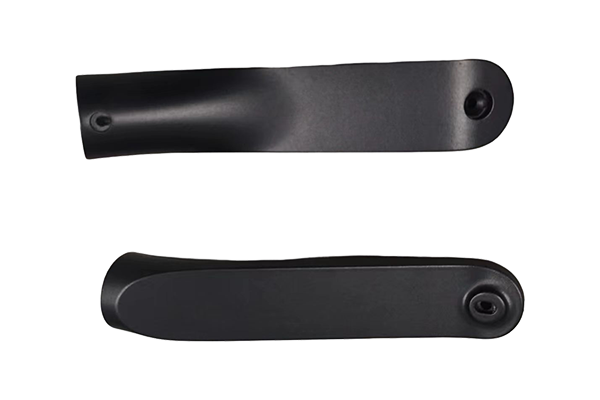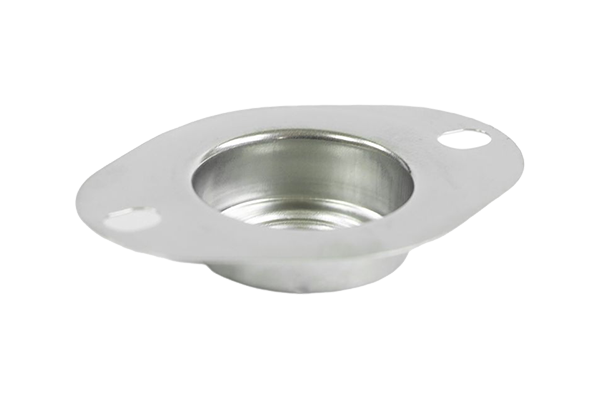12 *Actually Not Awkward* Virtual Icebreakers for Remote Meetings
2021年9月2日Winning Percentage Calculator: Analyze Your Victory Rate with Precision
2021年11月16日Medication can help you sleep better if you struggle with alcohol withdrawal insomnia. Firstly, you can take medications that make you feel more relaxed and ready for sleep. Secondly, during medical detox, you can take medicines that counter the effects of alcohol withdrawal.
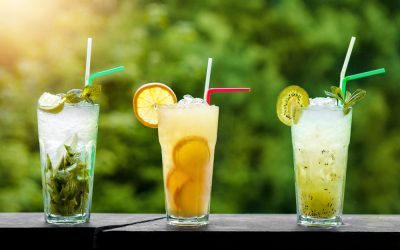
New Study Says Bedtime Routines are Part of Our Survival Instinct
If you really feel like you won’t be able to sleep without being drunk, then I would say it’s an emotional dependency. Stress-relieving activities like exercise before bed, a hot bath, or yoga may be able to help, but sometimes it requires the help of a therapist. Additionally, low-to-moderate alcohol consumption is always the best practice for minimizing sleep disruptions or health concerns.
How Substance Use Disorder (SUD) Can Negatively Impact Your Life
However, in the second half of a night’s sleep, alcohol diminishes the amount of REM sleep. Alcohol’s negative effects on sleep quality worsen after several nights of drinking. Moreover, individuals with alcohol use disorder are particularly vulnerable to sleep disturbances. Studies have indicated a relationship between the quantity of alcohol consumed and the severity of insomnia, especially can’t sleep without alcohol among night workers. Therefore, understanding the effects of alcohol on sleep is crucial for addressing sleep disturbances and promoting healthy sleep patterns, particularly for those with a history of alcohol use. It’s generally a good idea to limit the quantity and frequency of drinking altogether, especially in the evenings before bedtime to ensure a good night’s rest.

AI Program Shows Promise In Predicting Health Risks From Sleep Apnea
RISE users even say stress and anxiety are their biggest challenges when it comes to getting a good night’s sleep. Firstly, watch out for the poor sleep hygiene habits that may come with drinking — like late-night meals or bright light exposure. You might also smoke cigarettes or cannabis when drinking, which can also contribute to sleep problems.
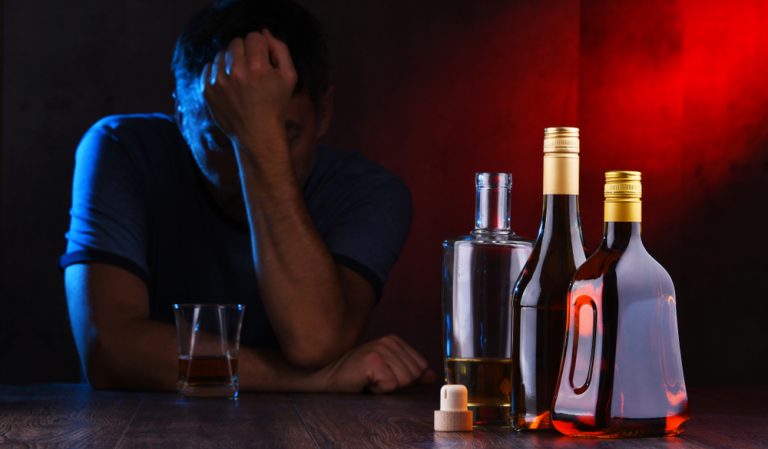
Avoid the use of television, cell phones, computers, or e-readers in your bedroom. The blue light from these electronic devices can suppress the body’s sleep-inducing hormone melatonin and interfere with your internal body clock. The National Sleep Foundation recommends keeping your room cool and using light-blocking curtains, shades, or blinds to keep your bedroom dark. When a person drinks https://ecosoberhouse.com/ alcohol, doing so in small or moderate amounts several hours before sleep can reduce the chance of sleep issues. They may turn to alcohol to reduce their anxiety symptoms, which also increases insomnia, exacerbating their anxious feelings. If a person chooses to consume alcohol, drinking in moderation several hours before bed is the best practice for avoiding sleep disturbances.
- You may also experience parasomnias which are disruptive sleep disorders that occur in specific stages of sleep or in sleep-wake transitions.
- They can also suggest the best ways to manage withdrawal symptoms, which can include sweating, anxiety, vomiting, and tremors — all of which can impact sleep.
- While napping might seem like the answer to your fatigue, moderation is crucial during alcohol withdrawal.
- Modify routines, reevaluate lifestyle choices, and don’t hesitate to consult a professional if need arises.
- Some individuals may still experience occasional sleep disturbances or hangover anxiety, especially if they’re dealing with other stressors or adjusting to new sleep routines.
Consider trying relaxation techniques such as deep breathing exercises, progressive muscle relaxation, or engaging in activities that promote mindfulness and meditation. These practices can help reduce stress levels and promote a sense of calm before bedtime. Insomnia is a common condition where a person has trouble falling asleep or staying asleep. Up to 40% of the general population experiences insomnia, while as many as 72% of people with an alcohol use disorder may have the condition. Sleep disorders like insomnia can co-occur with alcohol abuse, and treating insomnia can improve a person’s sleep quality while in recovery. Developing new ways to fall asleep without alcohol will result in healthier habits, better relationships, and an overall higher quality of life.
Avoid midnight takeout or anything too greasy or fatty — this may cause problems like acid reflux, further disrupting sleep. RISE users on iOS 1.202 and above can set up their avoid late alcohol reminder here. Other medications may help those with severe symptoms or psychiatric problems. A doctor can talk you through a treatment program to help, such as therapy, medication, or support groups. In all, it’s imperative to note that these are merely factors and not binding verdicts.


